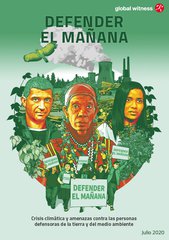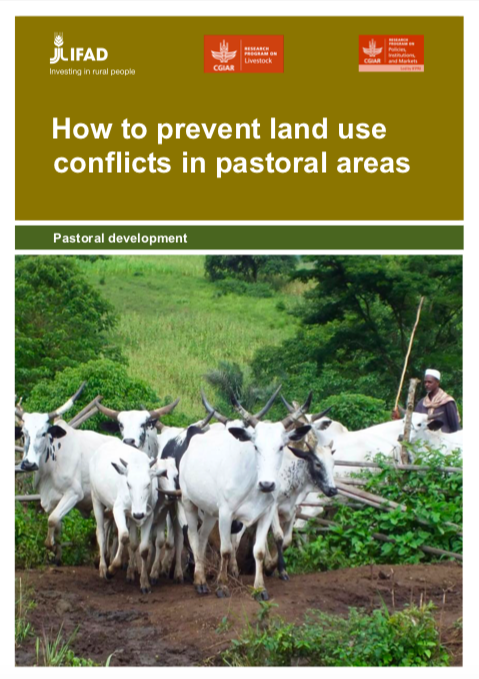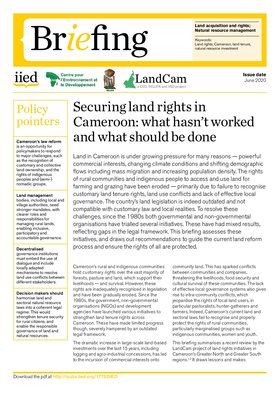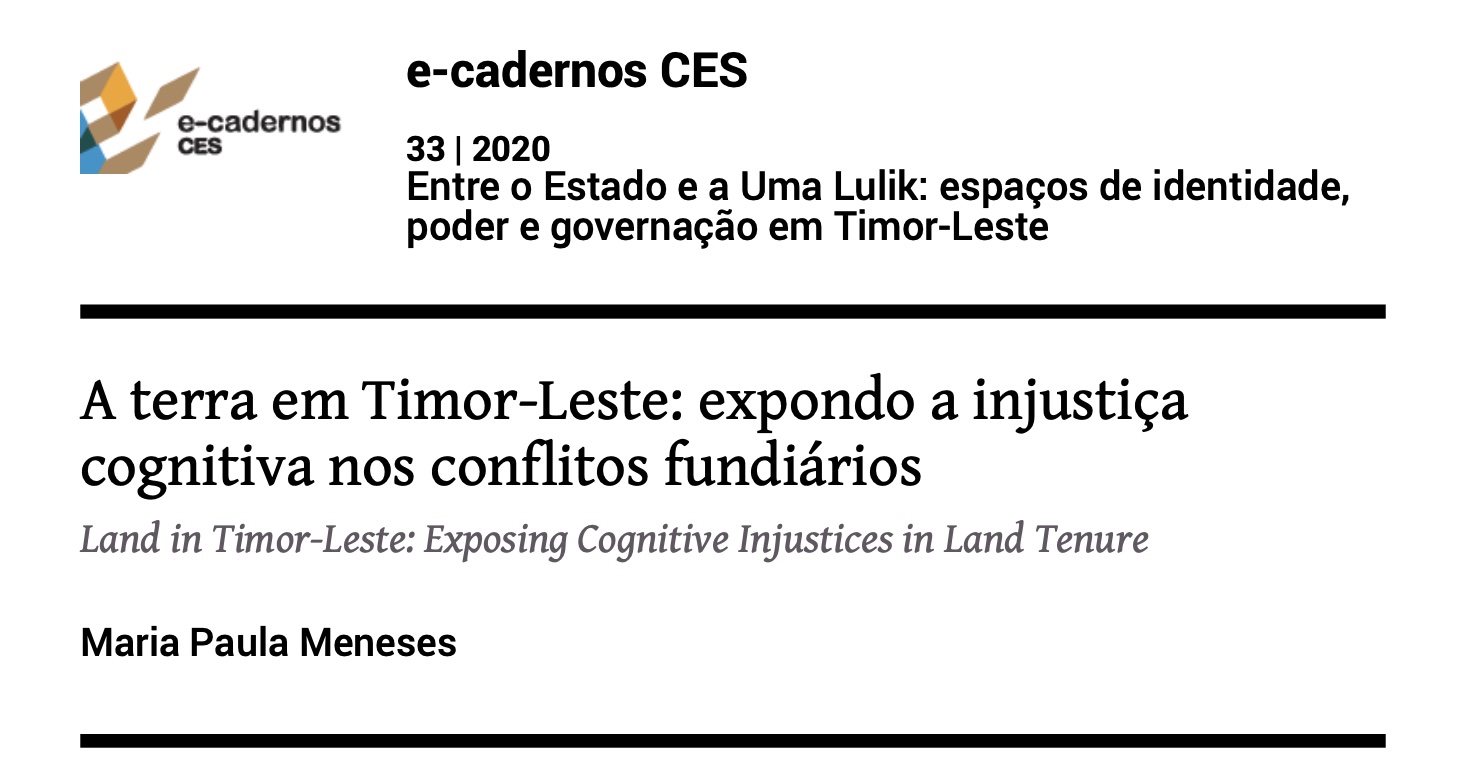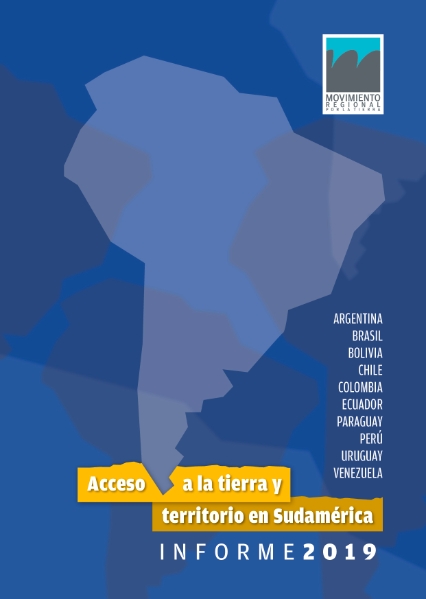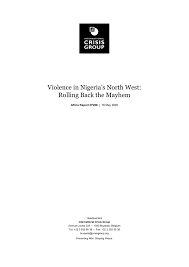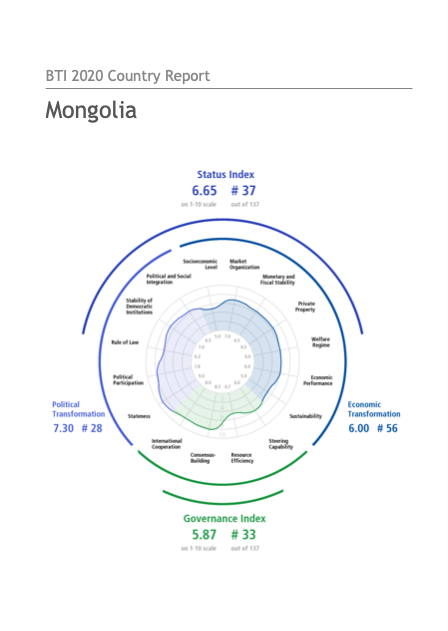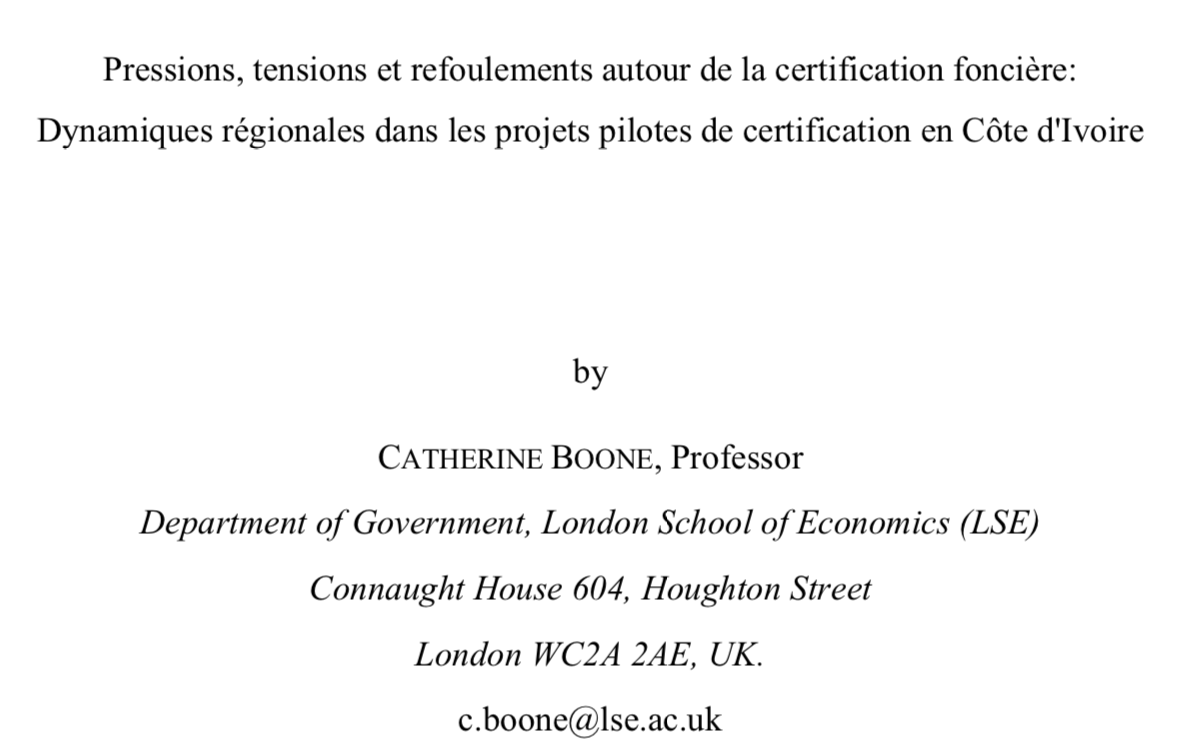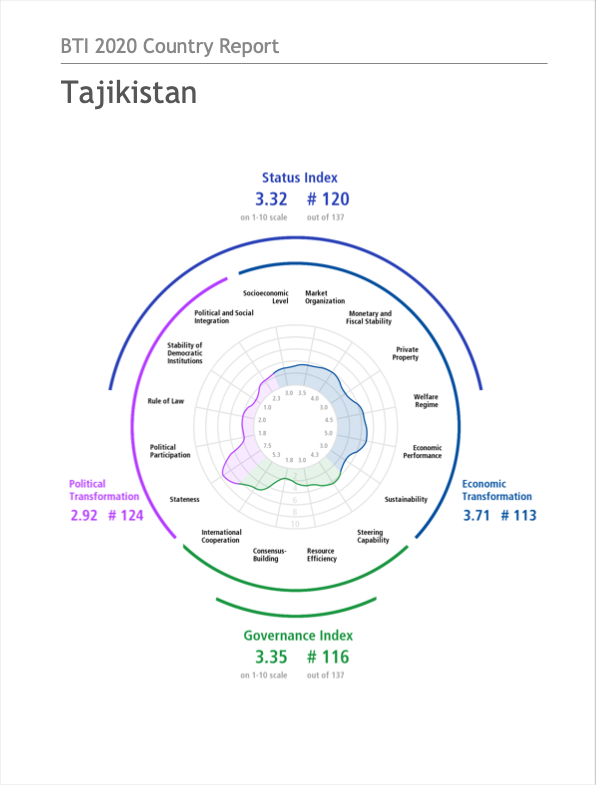DEFENDER EL MAÑANA
Nuestro informe anual sobre asesinatos de personas defensoras de la tierra y el medio ambiente de 2019, muestra el número más alto de muertes en un solo año hasta la fecha. 212 personas defensoras de la tierra y el medio ambiente fueron asesinadas en 2019, un promedio de más de cuatro personas por semana.

